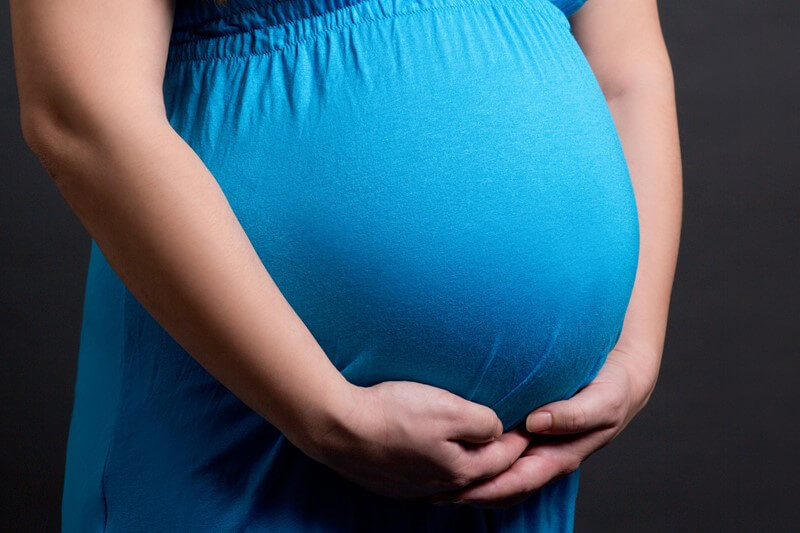The High Court was faced with a peculiar set of facts in which the biological father, who is also one of the applicants, was known but the biological mother was not.
Background:
Mr. and Mrs. H met in the UK, began a relationship in 2007, and married some 10 years later. They are both of Nigerian descent. Mrs. H is a British citizen while Mr. H is a Nigerian national with leave to remain in the UK.
In 2022, both went to Nigeria, visited a clinic there, and proceeded with a surrogacy agreement. The surrogate remained anonymous throughout the process. Mr. and Mrs. H do not know her identity and do not know if she has a husband. During the pregnancy, the applicants attended appointments by telephone and by video call for the scans during which, at all times, the surrogate mother kept her face covered.
Following A’s birth in early 2023, Mrs. H took 8 months of maternity leave in Nigeria, after which the family returned to the UK where they have since resided. DNA testing demonstrated that Mr. H is A’s biological father.
They applied for a parental order under Section 54 of the Human Fertilisation and Embryology Act (HFEA) 2008.
Decision:
The High Court granted a parental order after it was satisfied that Sections 54(6) and (7) were satisfied. Sir Andrew McFarlane noted that “the Court must scrutinise parental order applications with care to ensure compliance with the statute, particularly so when the application includes a foreign element.”
The Court also noted that the UK had imposed the Special Restrictions on Adoptions from Abroad (Nigeria) Order (SRAA) 2021. Although there is no comparable statutory restriction on surrogacy, some of the elements highlighted in the order could also apply to surrogacy, including the reliability of documentation. The fact that the mother was anonymous also raised “the level of suspicion that the arrangement may have been other than it is said to be.”
Based on the evidence the Court was given, Sir Andrew McFarlane was satisfied that Section 54(7) was satisfied as “the prospects of tracing her and securing her engagement with these proceedings are so remote as to hold that the reality is that she cannot be found.”
Implications:
This case provides guidance as to the Court’s approach to a case where the identity of the surrogate is simply unknown. Normally under Section 54 of the HFEA, the Court must be satisfied that the surrogate mother agrees unconditionally to the making of the order before the Court can grant a parental order. In cases where the surrogate mother is unknown, it is quite difficult to ascertain such consent. The decision underscores the caution demonstrated by courts to ensure compliance with the statute.
The judgement also contains a warning for future couples that, while the reasons for choosing an anonymous surrogate might be valid, such anonymity can cause a great deal of difficulty. As the Court noted, “Those who follow in their footsteps in the future would be well advised to avoid engaging with an anonymous surrogate.” Indeed, anonymity could cause potential legal hurdles in securing parental orders due to the lack of the surrogate’s consent.
